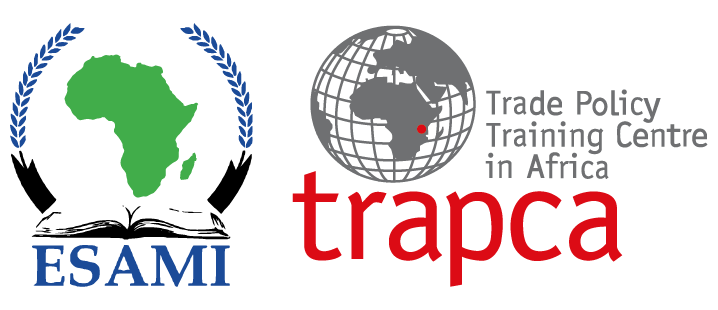About the Course
The process of globalization has enhanced trade across borders across the world. The recognition of trade finance as one of the key clusters under the African Union’s BIAT program highlights the universality of an acceptance a need for interventions to aid creation of opportunities for Africa businesses and regulators. Producers and service suppliers from African countries and emerging markets have assumed a limited role in international trade and global supply chains while intra Africa trade remains undesirably low. Opening of markets including through elimination of trade barriers have expanded the potential of scope of cross border trade.
However, capacity deficits in the area of trade finance among financial institutions, regulators, importers and exporters remains main part of the key limitations to harness benefits presented by elimination of trade barriers. Therefore, practical challenges arising from inability to provide and secure fitting trade finance solutions to enhance the movement of, and payment for goods from one country to another remains one of the greatest hurdles. In addition, importers and exporters are simultaneously subject to numerous risks related to differing legislation, customs, security, and practices in these countries.
Consequently, this trade finance course will expose participants to financing solutions that are more robust and can mitigate most of the risks associated with complex trade transactions. The four weeks multi-disciplinary e-learning course on International Trade Finance has been developed by ESAMI-trapca in cooperation with the Afreximbank to provide participants with a comprehensive overview of the different components of International Trade Finance. Successful completion of this course qualifies participants for an Executive Certificate in International Trade Finance issued by ESAMI and ESAMI-trapca. The modules in the certificate will be considered as credits in the ESAMI’s Masters degree in International Trade Finance, the very first of its kind on the African Continent.
At the end of this course participants will be able to:
This includes, General Practitioners working in Financial Institutions in positions such as Relationship Managers, Trade Finance and Marketing Professionals , International Division Bankers, Middle Office and Front Office Deal Structuring and Negotiating Staff, Loan Administration and Monitoring Managers, Credit and Deal Risk Analysts, Document Checkers and Supervisors, Risk Distribution Staff, Trading Company Corporate and Treasury Staff, Auditors, Central Bank Regulators, Compliance Division Staff, Private Sector and Public Sector Practitioners involved in the buying and selling of goods, , Export and Commodity Finance Professionals, Import and Export and Trade Operations Professionals, Business Organisations and Regional Economic Communities. The target audience must have an interest in trade finance.
This course is offered in English and ability to communicate in English is therefore key.
Dates:
Venue:
Contact us
Additional information on this e-learning course and the master’s degree programme in International Trade Finance as well as the application process can be accessed by emailing us through tradefinance@trapca.org
